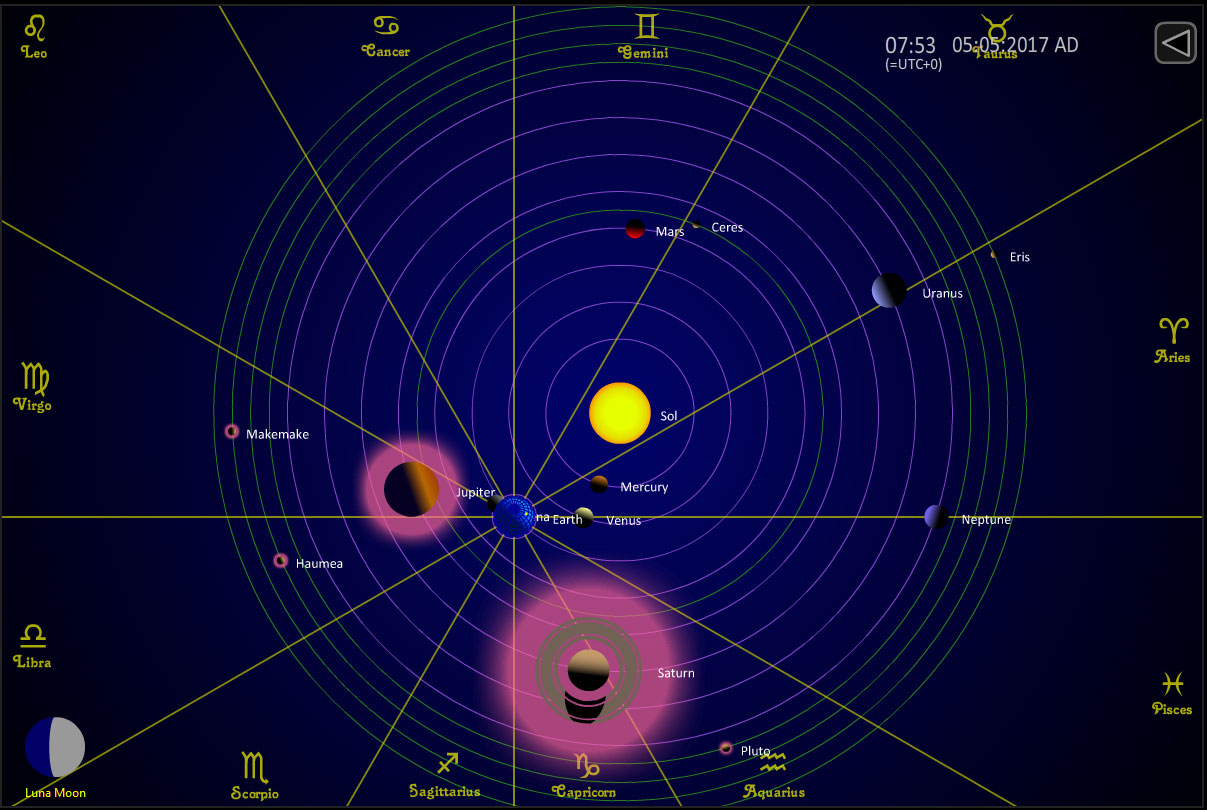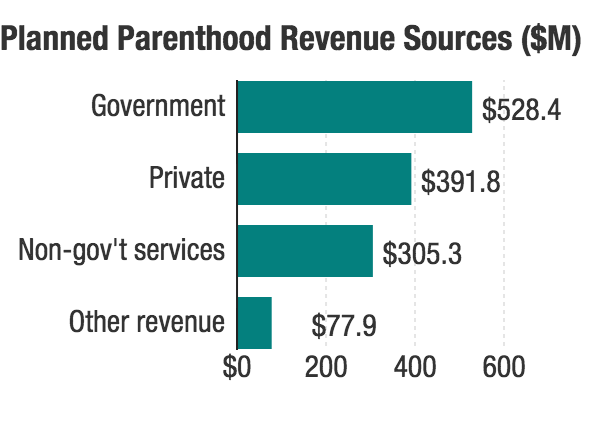The hydrogen fuel cell is a device that has been designed to convert chemical energy into electricity. Hydrogen is a Clean and Flexible Energy Source to support Zero-Carbon Energy Strategies Hydrogen fuel cells provide an inherently clean source of energy with no adverse environmental impact during operation as the byproducts are simply heat and water.
Hydrogen Fuel Bukan Sekedar Bahan Bakar Hidrogen Dongeng Geologi
Weve taken a closer look at how they work and whether theyre worth considering now.

What is a hydrogen fuel cell. A battery has a positive side and a negative side and when you slot. With hydrogen as fuel you eliminate the creation of air pollution and other toxic elements. Unlike biofuel or hydropower hydrogen doesnt require large areas of land to produce.
Hydrogen fuel cell technology produces virtually zero harmful emissions. A fuel cell is an electrochemical cell that converts the chemical energy of a fuel often hydrogen and an oxidizing agent often oxygen into electricity through a pair of redox reactions. The hydrogen travels through the anode of a fuel cell and oxygen goes through the cathode.
A hydrogen fuel cell converts chemical energy stored by hydrogen fuel into electricity. The hydrogen fuel cell produces electricity through electrochemical reactions when the hydrogen combines with air. Fuel cells are different from most batteries in requiring a continuous source of fuel and oxygen usually from air to sustain the chemical reaction whereas in a battery the chemical energy usually comes.
An example of an anode and a cathode working together is in a battery. Hydrogen Fuel Cell Diagram Fuel Cell and Hydrogen Energy Association Hydrogen Oxygen Electricity Water Vapor Heat In addition to being a clean energy source fuel cell systems are efficient reliable and a quiet power generating source. With that said it does take energy to.
Hydrogen is a clean fuel that when consumed in a fuel cell produces only water. It is supposed to be a safe and clean alternative to burning fossil fuels to power amongst other things our cars since its waste products rather than huge amounts of. However there are some important differences between batteries and.
Hydrogen fuel cells are widely promoted as a cost-effective and environmentally responsible alternative to. A hydrogen fuel cell is an electrochemical cell that converts the chemical energy of hydrogen and oxygen into electricity. Hydrogen fuel cells produce an electrical current which can be stored and then used to power anything from a light bulb to an electric motor.
These qualities make it an attractive fuel option for transportation and electricity generation applications. They are very efficient and clean their only by-products being electricity heat and water. Fuel cells are different from traditional batteries in they require a continuous source of fuel hydrogen and oxidizing agent oxygen to operate.
Pros and cons of hydrogen fuel. The cathode is negatively charged and the anode is positively charged. What is a Hydrogen Fuel Cell.
In many ways fuel cells are similar to batteries such as those you might find in a car or in a portable electronic device like an MP3 player. Put simply a fuel cell converts hydrogen into electricity via a chemical reaction. The byproduct of hydrogen combustion is usually just heat and water.
Hydrogen fuel cell cars are hailed by some as the future of motoring. At the anode the hydrogen is. A fuel cell is made up of an anode a cathode and an electrolyte membrane.
Every fuel cell has two electrodes. The most common type uses an anode to strip hydrogen atoms of their electrons ionising them and creating a positive electrical charge. Hydrogen can be produced from a variety of domestic resources such as natural gas nuclear power biomass and renewable power like solar and wind.









